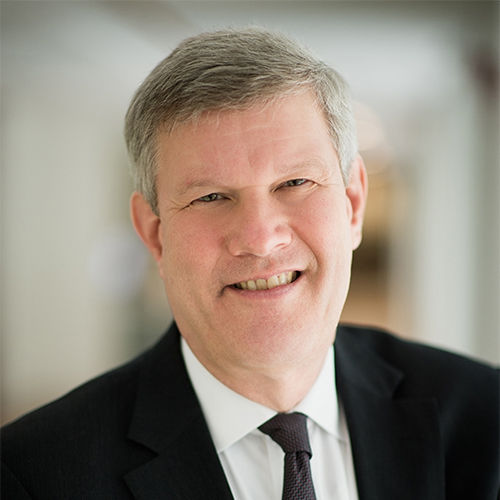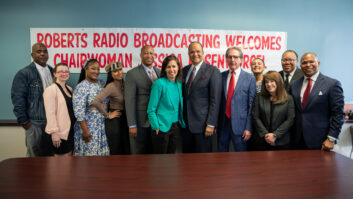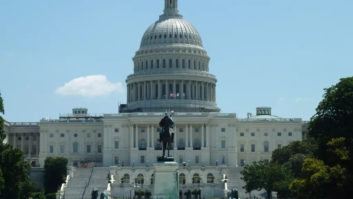Former FCC Commissioner Harold Furchtgott-Roth is among those giving support to the idea of FM geo-targeting.

His is one of the latest names popping up as Geo-Broadcast Solutions and the National Association of Broadcasters trade press releases publicizing who supports and opposes, respectively, the GBS proposal.
“Based on many years of experience, we find that enabling new technologies to compete in the marketplace that do not impair existing services benefits consumers,” wrote Furchtgott-Rott, a Republican and a commissioner on the FCC in 1997–2001.
He’s now a senior fellow at the Center for the Economics of the Internet Hudson Institute. He co-signed the letter with his colleague Kirk Arner.
“Our review of the record in this proceeding indicates that the new technologies proposed for FM boosters with geo-targeting content would not impair existing services,” they wrote to the FCC.
“Our understanding is that new technologies could be adopted on a voluntary, rather than mandatory basis. Consequently, those stations not wishing to adopt these new technologies would see no regulatory burden from this proceeding.”
[See Our Business and Law Page]
The NAB meanwhile highlighted a letter sent to the FCC by Rep. Markwayne Mullin, Republican from Oklahoma and member of the Energy and Commerce Committee.
Mullin expressed concern over the possible negative impact on existing FM service. “In my incredibly rural district, radio is a lifeline for constituents who have few other reliable options for news and emergency alerts.”
He cited concerns that geo-targeting would “allow advertisers to subdivide radio markets,” which could disadvantage smaller broadcasters and destabilize radio’s ad-based revenue model.
And in response to the argument that geo-targeting would be voluntary, Mullin said it doesn’t alleviate his concerns. “Those driving to different parts of a station’s market could lose access to emergency updates and other important information as they transition between boosters. Moreover, poor radio service on one or several stations harms the entire industry.”











